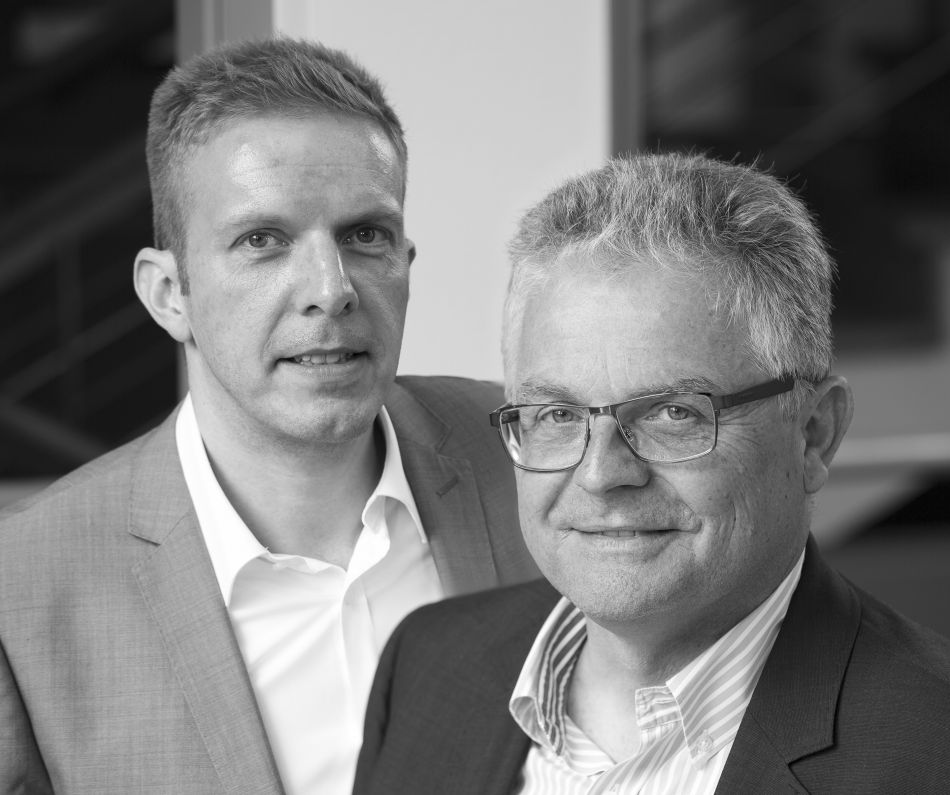VITO and SOUDAL keep out harmful substances
Construction and decoration products used in-house can contain harmful substances that end up in the air. Europe therefore imposes strict norms for the emission of those products. Measuring these emissions is thus becoming more important. Silicone and glue producer SOUDAL relies on VITO to run its emission tests.
If you think of air quality, you think of carbon dioxide emissions, greenhouse gases or smog alarms. But the quality of the air in buildings may also sometimes be quite poor. Some construction and decoration products release substances, such as volatile organic substances, that have an impact on the air quality and on our health. This is a major concern for companies such as SOUDAL, a global player in the production of glues, silicones and foams. Peter Geboes, Manager of Research & Development at SOUDAL: “To ensure that they won’t affect the health of our customers, we want to test all of our products thoroughly. That is why we signed a framework agreement with VITO this spring.” Marc Lor, project coordinator at VITO for Product Emission, Migration and Leaching, adds: “As such, we have formalised our long-running cooperation with our important partner and neighbour.”
What exactly are product emission tests?
Marc Lor: “First off, we check the emission of volatile organic substances (VOS) and particulates. We do this with the emission tests in the specialised test chambers at VITO’s disposal. We have large test chambers, but also small ones, which we can use to work faster and at less expense. First we apply construction materials in the room. The amount of material used is representative for a European living room. Next we use our devices to identify and measure the substances the material emits and monitor them online. “We also offer a wide range of tests for product analysis. These include chemical consistency tests, odour tests, leaching tests, risk analyses, life cycle analyses and exposure models. We use them to track specific pollutants.” “In our specialised test chambers we can also determine the capacity for air filtration of construction materials. We expose test objects to test atmospheres with different pollutants in diverse concentrations. VITO has a gas generation system at its disposal that can only be found in very few places in Europe. Using this system, products that generate a secondary reaction can also be studied, like terpenes for example. Those are natural substances contained in construction and consumer products and can become harmful after contact with ozone.”
Peter Geboes: “We employ VITO for the analysis of our products. All those results are brought together in reports, which we use to emphasise the quality of our products.”
In the past, SOUDAL had its emission tests conducted abroad. So why the choice of VITO, a Flemish knowledge centre? Peter Geboes: “We have been testing part of our product range with VITO since 2014, in particular glue for tiles, parquet or other flooring. We’ve always appreciated the smooth exchange of information about the tests or procedures. In previous years, SOUDAL grew into a large international player, but that local connection is still something we value a lot. Because VITO owns the same infrastructure to conduct the same tests as our foreign partner, we didn’t hesitate for a moment. Moreover, VITO offers more than just standard tests alone.” Marc Lor: “In practice, the annual agreement with SOUDAL means that we test their products (R&D) and make sure they conform to the current regulations(compliance). The expertise of our Product Emission Competence Centre is renowned in both Flanders and abroad. Through framework agreements with large players such as SOUDAL, we confirm that front-running position. VITO is available for every kind of company that wants answers to questions about cleantech or sustainable material use. We are an independent expertise centre that thinks alongside the company. Taking into account their questions and needs, we conclude a cooperation agreement to support companies in a structured manner.”
How will emission standards for construction products evolve?
Marc Lor: “A uniform set of European legislation doesn’t exist yet. The member states have their own rules but those can differ significantly. Moreover, we constantly need to account for new substances. On the one hand, these come from new additives, and on the other, new substances or lower concentrations can now be detected more easily through better analyses. We consult with knowledge centres and governments in other member states to align our ideas and goals. As a technical expert, we want to ensure together with the government and industry that emission values don’t become too strict. Pollutants are only harmful to our health when they exceed a critical threshold. We want to determine that threshold as accurately as possible so that no health risks are created and that manufacturers can still work on process and product innovation.”
Peter Geboes: “We will continue to ensure that our products comply with the highest quality standards. SOUDAL has been a pioneer in this area for years and has helped shape Belgian legislation on the composition of floor glues. Now we need a uniform set of European legislation. Then all companies can aim for the same strict standards, in the interest of the well-being of our customers.”

